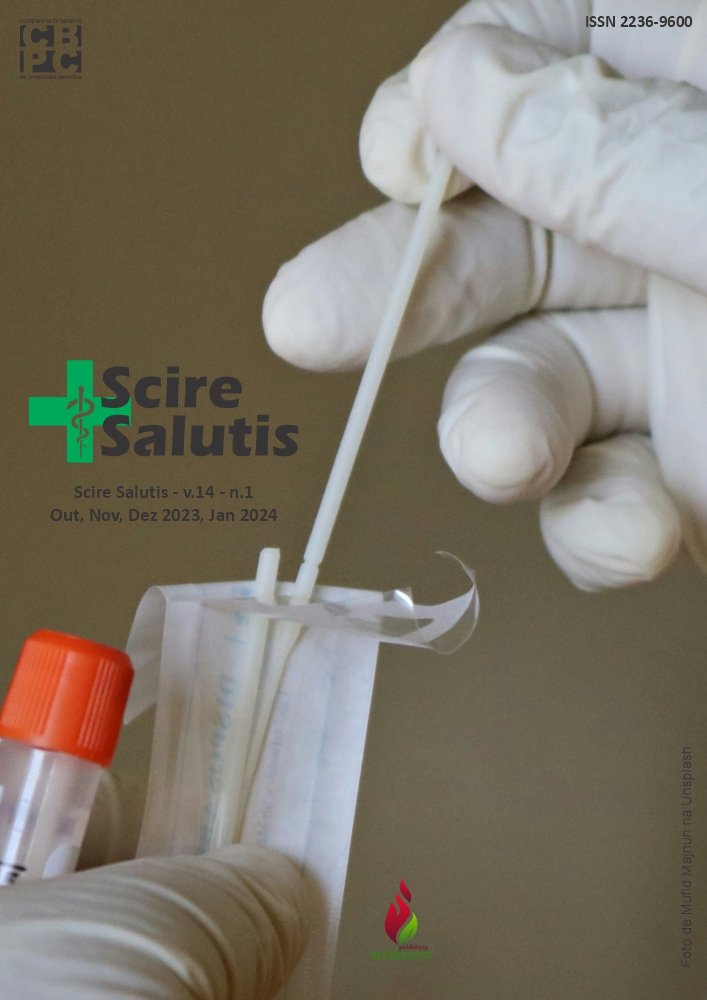Importance of nurses in the treatment of extracorporeal membrane oxygenation (ECMO) and in pulmonary and circulatory support
DOI:
https://doi.org/10.6008/CBPC2674-6506.2022.002.0002Keywords:
Extracorporeal membrane oxygenation, Nursing care, Covid-19, ECMOAbstract
This article sought to identify the importance of nurses in the treatment of heart and respiratory failure by aiding the mechanisms of extracorporeal membrane oxygenation. Considering that ECMO is a beneficial support, it acts directly in the treatment of severe respiratory failure, severe heart failure and cardiorespiratory arrest by allowing extracorporeal gas exchange and together provides systemic circulation. Through literature and articles, to identify managements for patients using ECMO, patients with refractory hypoxemia and in the treatment of COVID-19, to know indications and contraindications of treatment and to address the importance of the profession. In view of this, we initiated systemic reviews on the subject in protocols, quality evidence manuals to indicate the safety of the treatment. The databases used were; Scielo (ScientificEletronicLibrary Online), VHL (Virtual Health Library) and WHO (World Health Organization). Journals in national and international databases, published between 2017 and 2022, using the Boolean operators AND, OR, NOT as research aids. Journals published before 2017, and which are outside the proposed theme and objective, were excluded. Synonyms and descriptors: ECMO, refractory hypoxemia, artificial lung support, nurse and COVID19. In addition, the parameters obtained in relation to treatment with the aid of ECMO proved to be above average with 64% of relevance; however, 11% determine the study in need of more evidence of effectiveness for the management. ECMO is a method that has been more included in treatments due to its results, bringing benefits to patients affected by mechanical cardiopulmonary diseases in situations of severe respiratory failure, heart failure or both.
Downloads
Published
Issue
Section
License
Copyright (c) 2022 Health of Humans

This work is licensed under a Creative Commons Attribution-NonCommercial-NoDerivatives 4.0 International License.
The CBPC - Companhia Brasileira de Produção Científica (Brazil CNPJ: 11.221.422/0001-03) the material rights of the published works. The rights relate to the publication of the work anywhere in the world, including rights to renewals, expansions and dissemination of the contribution, as well as other subsidiary rights. All electronically published works may subsequently be published in printed collections under the coordination of this company and / or its partners. The authors preserve the copyright, but are not allowed to publish the contribution in another medium, printed or digital, in Portuguese or in translation.








